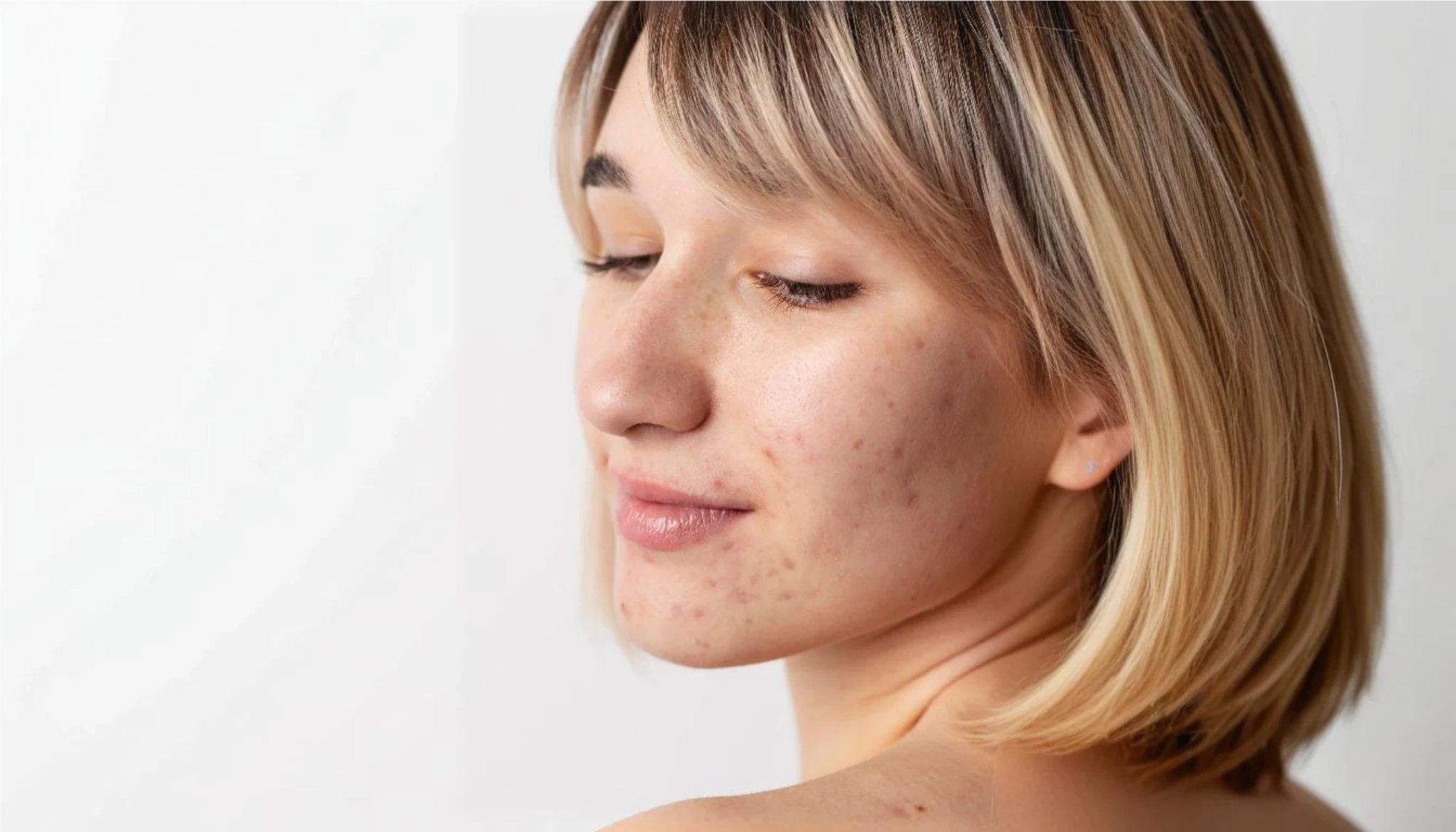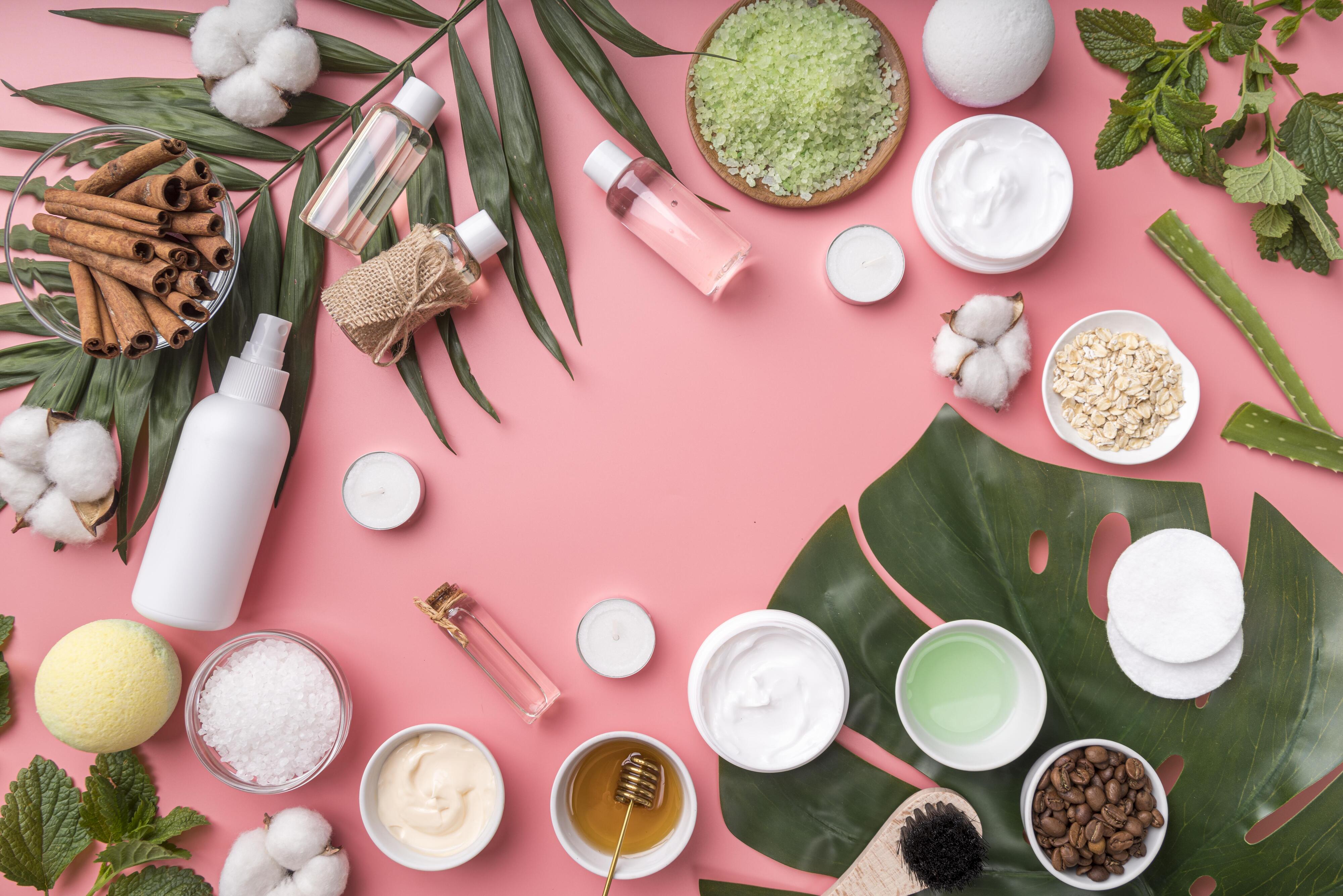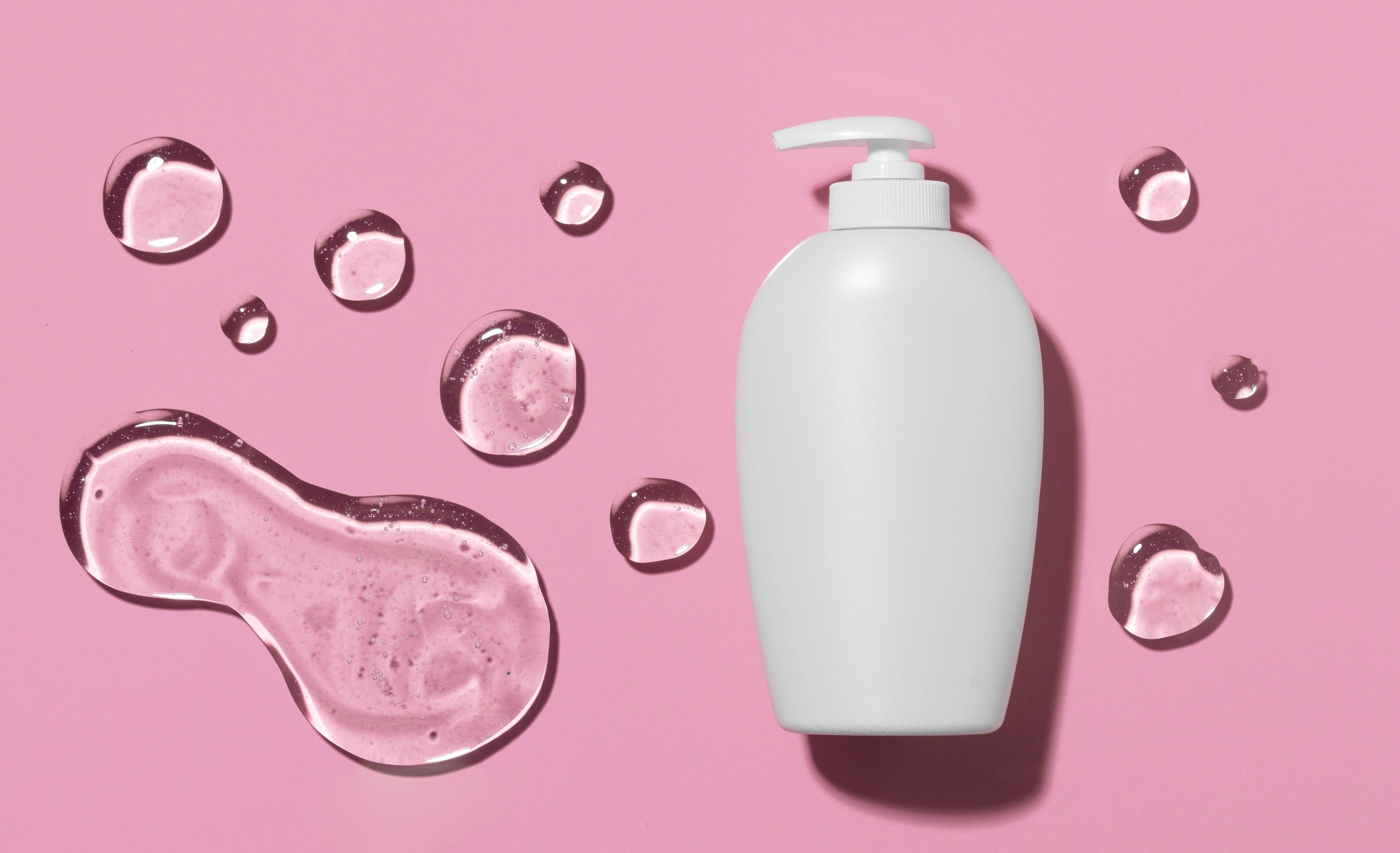What is Post-Inflammatory Hyperpigmentation

What is Post-Inflammatory Hyperpigmentation (PIH)
Post-inflammatory hyperpigmentation (PIH) is a common skin condition that occurs when the skin darkens as a result of inflammation or injury. This discoloration usually appears as dark spots or patches on the skin, often following acne, eczema, or other skin irritations. While it is not harmful, it can be distressing for those affected, especially if it lingers for an extended period.
Does PIH Ever Go Away on Its Own?
Yes, in many cases, post-inflammatory hyperpigmentation can fade on its own over time. However, this process can take several months to years, depending on factors like skin type, the severity of the discoloration, and individual healing abilities.
What does post-inflammatory hyperpigmentation look like?

PIH typically appears as flat areas of discoloration that can range from light brown to dark brown or even black.

These spots are often located in areas where the skin has experienced trauma, such as around acne lesions or injuries.
Causes of Post-Inflammatory Hyperpigmentation
Acne and Blemishes
Acne lesions can lead to PIH as the skin reacts to inflammation and healing.
Sun Exposure
Sunlight can exacerbate pigmentation issues, making existing spots darker and more noticeable.
Inflammatory Skin Conditions
Conditions like eczema and psoriasis can lead to increased melanin production, resulting in PIH.
Aggressive Skin Treatments
Overly harsh treatments or procedures can irritate the skin, causing it to darken in response.
Injury or Trauma to the Skin
Any injury, such as cuts or burns, can prompt the skin to react with increased pigmentation.
Insect Bites and Allergic Reactions
Bites and allergic reactions can lead to localized inflammation, resulting in PIH.
Scratching or Picking at Skin
Disruption of the skin barrier through scratching can lead to inflammation and subsequent hyperpigmentation.
PIH vs Acne Scars
While both PIH and acne scars can result from acne, they are different. PIH refers to discoloration, while acne scars denote changes in skin texture and depth.
Skincare Ingredients that Fade PIH

1. Brightening Ingredients
Niacinamide
Niacinamide is known for its ability to lighten dark spots and improve overall skin tone. It works by inhibiting the transfer of pigment to skin cells, which helps to reduce the appearance of post-inflammatory hyperpigmentation (PIH) caused by acne or other skin injuries.


Vitamin C
Vitamin C is a powerful antioxidant that brightens the skin by promoting collagen production and reducing the appearance of hyperpigmentation. It helps to inhibit melanin production, allowing for a more even skin tone and fading dark spots associated with PIH.


Alpha Arbutin
Alpha Arbutin is a naturally occurring compound that inhibits melanin production in the skin. By doing so, it effectively helps to fade dark spots and even out skin tone, making it particularly beneficial for treating PIH after inflammation or injury.

Kojic Acid
Kojic Acid acts as a natural skin-lightening agent by inhibiting the enzyme tyrosinase, which is crucial for melanin production. This makes it effective in reducing post-inflammatory hyperpigmentation, helping to brighten the skin and improve its overall appearance.

Licorice Extract
Licorice Extract contains glabridin, a compound known for its skin-lightening properties. It helps to inhibit melanin production and can effectively reduce skin discoloration caused by PIH, leading to a more uniform skin tone and brighter complexion.
 Dermaceutic Mela Cream with Licorice Extract
Dermaceutic Mela Cream with Licorice Extract
Other Powerful Botanicals
Ingredients like Norwegian kelp extract, sugar cane extract, and mushroom extract help brighten skin and reduce the appearance of hyperpigmentation for a more even complexion.

iS Clinical Brightening Serum - 15ml
2. AHAs and BHAs
Glycolic Acid and Lactic Acid
These alpha hydroxy acids (AHAs) are powerful exfoliants that effectively remove dead skin cells from the surface of the skin. By promoting cell turnover, they help fade post-inflammatory hyperpigmentation (PIH) more quickly, revealing a fresher and more even complexion underneath. Regular use can enhance skin texture and tone, making these acids a staple in treating PIH.
Biopelle C + AHA Renewal Serum 30ml
Azelaic Acid
Azelaic acid is a versatile ingredient known for its effectiveness in treating both acne and PIH. Its anti-inflammatory properties reduce redness and swelling associated with active breakouts, while also inhibiting melanin production, which helps diminish the appearance of dark spots left behind by previous blemishes. This dual action makes azelaic acid an excellent choice for those struggling with both conditions simultaneously.
 Dermaceutic Dual+ with Azelaic Acid
Dermaceutic Dual+ with Azelaic Acid
Salicylic Acid
As a beta hydroxy acid (BHA), salicylic acid penetrates deep into the pores to dissolve excess oil and debris that can lead to acne. By keeping pores clear, it reduces the likelihood of breakouts, which in turn helps prevent new PIH from forming. Additionally, salicylic acid has been shown to help fade existing pigmentation by promoting exfoliation and encouraging skin renewal.

3. Retinoids
Retinoids, a derivative of vitamin A, are well-known for their ability to accelerate cell turnover and stimulate the production of new skin cells. This rapid renewal process helps to fade dark spots and PIH by encouraging the shedding of pigmented cells and promoting the growth of healthier, more evenly pigmented skin. Regular use of retinoids can significantly improve skin tone and texture, making them a vital component in the treatment of PIH.
Tips for Managing Post-Inflammatory and Acne Pigmentation
1. Strengthen skin barrier support by hydrating and moisturizing your skin
Keeping your skin well-hydrated helps maintain a healthy barrier, which is essential for healing.
2. Protect your skin from further pigmentation by using sunscreen and limiting sun exposure
Sunscreen is crucial in preventing UV-induced darkening of PIH.
3. Sleep on clean pillowcases
Regularly changing your pillowcases can help minimize bacteria and irritants that can worsen skin conditions.
4. Eat an anti-inflammatory diet
Incorporating foods rich in antioxidants can support skin health and healing.
5. Avoid over-exfoliating
Exfoliating too frequently can irritate the skin and worsen pigmentation issues.
Read More: Top 12 Ways to Get Rid of Hyperpigmentation
When to Consider Expert Care for PIH
If your PIH persists despite at-home treatments, consider consulting a dermatologist for a tailored approach.
Professional Treatments for PIH
1. Chemical Peels
Chemical peels involve applying a solution to the skin that exfoliates the outer layer, effectively removing dead skin cells and promoting the growth of new, healthier skin. This process can significantly reduce post-inflammatory hyperpigmentation (PIH) by accelerating skin cell turnover and improving the overall texture and tone of the skin. By revealing fresher skin beneath, chemical peels can help diminish the appearance of dark spots and discoloration caused by previous inflammation or acne.
 Book a consultation for Skin to Heart's Cosmo Peel
Book a consultation for Skin to Heart's Cosmo Peel
2. Laser Therapy
Laser therapy uses focused light to target excess melanin in the skin, which is responsible for dark spots related to PIH. The lasers work by breaking down melanin granules, leading to a more uniform skin tone. Additionally, laser treatments can stimulate collagen production, which helps improve skin texture and reduces the visibility of hyperpigmented areas over time. Different types of lasers can be used depending on the severity of PIH and the specific skin type, making this a customizable option for effective treatment.
 Book a consultation for Skin to Heart's Angel Brightening
Book a consultation for Skin to Heart's Angel Brightening
3. LED Light Therapy
LED light therapy is a non-invasive treatment that utilizes various wavelengths of light to penetrate the skin layers. Specific wavelengths can reduce inflammation, which is crucial for treating PIH, as inflammation can exacerbate discoloration. By calming the skin and promoting healing processes, LED light therapy can help fade hyperpigmentation and improve overall skin clarity. With regular sessions, patients may notice a reduction in the appearance of dark spots and an improvement in skin vibrancy and texture.

Book a consultation for Skin to Heart's LED Light Therapy
Achieve Clear, Even Skin with Customised PIH Treatments at Skin to Heart
At Skin to Heart, we understand that each person's skin journey is unique. Our consultations are designed to identify your skin's specific needs, allowing us to create truly personalised treatment plans. Whether you're facing persistent post-inflammatory hyperpigmentation or seeking a comprehensive skincare regimen, our experts are here to guide you every step of the way. Enhance your skincare experience with Skin to Heart—book your skin consultation today and take the first step toward achieving radiant, even-toned skin.
- Tags: pigmentation
0 comments

 Emepelle Night Cream
Emepelle Night Cream
